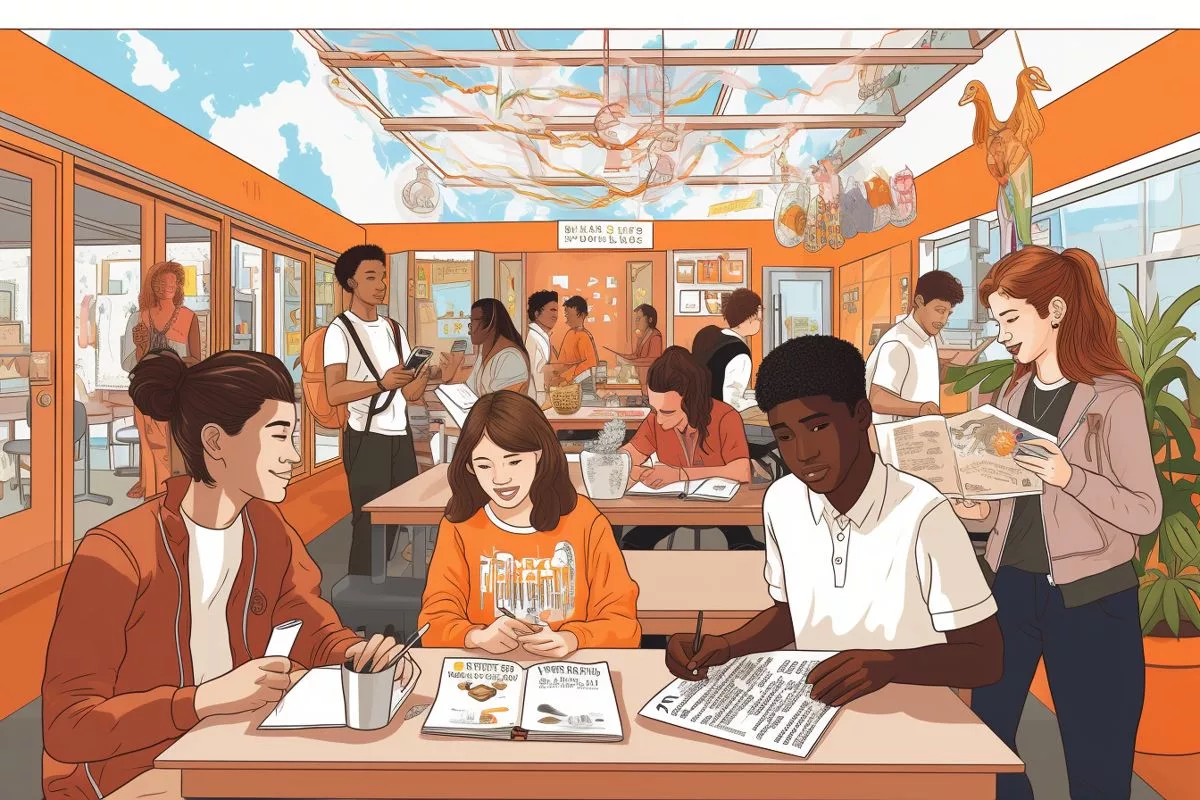The World Intellectual Property Office-South Africa Summer School brought together passionate individuals from various backgrounds to learn and exchange knowledge on intellectual property and technology transfer. The event aimed to stimulate innovation, foster creativity, promote international cooperation, and drive economic development while empowering individuals and societies. With diverse attendees and a rich variety of topics addressed, the summer school offered a fertile landscape for nurturing ideas and spurring innovation, with bright prospects for intellectual property and technology transfer in Africa.
Fostering Future Growth at the World Intellectual Property Office’s Summer School
The 2023 World Intellectual Property Office-South Africa Summer School on Intellectual Property and Technology Transfer brought together individuals from various sectors to learn and exchange knowledge. The event aimed to stimulate innovation, foster creativity, promote international cooperation, and drive economic development while empowering individuals and societies. The prospects for intellectual property and technology transfer in Africa seem bright.
A Congregation of Intellectual Property Enthusiasts
At the heart of the African continent, a passionate group of individuals gathered at the University’s Mankweng campus in Limpopo for a unique occasion. The event was the 2023 World Intellectual Property Office-South Africa (WIPO-SA) Summer School on Intellectual Property and Technology Transfer, which attracted attendees from 13 African nations.
In this lively gathering of minds, an array of speakers and moderators, drawn from various sectors, presided over the two-week program. These esteemed individuals came from a diverse range of backgrounds including innovation incubators for small and medium-sized enterprises, private legal practices, public departments, higher learning institutions, industrial sectors, international organizations, and assorted government entities. Notable among them were representatives from the Technology Innovation Agency and the Department of Trade, Industry, and Competition.
The Opening and Enthusiasm
The grand opening on November 20th was marked by a powerful speech by Prof. Richard Madadzhe, the Deputy Vice-Chancellor for Teaching and Learning at the University of Limpopo. He was thrilled by the fervor exhibited by the young participants and expressed his faith in the future, confidently stating, “With a base of educated and well-informed youth, we cannot falter.”
The summer school was more than a learning experience; it also provided an avenue for each nation present to exchange knowledge and learn from one another. Clara Mkandawire, representing Malawi’s National Commission for Science and Technology, noted that her nation was working hard to progress in terms of research commercialization. Despite the challenges, she was optimistic, highlighting the steady rise in patent application numbers in 2023.
Nana Dadzie, representing Kwame Nkrumah University of Science and Technology in Ghana, was equally enthusiastic about learning. His intention was to soak up as much knowledge on intellectual property from the training and his peers, to apply these learnings back in Ghana.
Role of NIPMO and Participant Insights
Since 2008, the Department of Science and Innovation, spearheaded by the National Intellectual Property Management Office (NIPMO), has annually organized the WIPO-SA summer school. The Head of NIPMO, Jetane Charsley, described the event as more than just an orientation to intellectual property. “This workshop provides an opportunity for you to gain a global viewpoint and develop a lifelong network,” she explained.
Charsley highlighted the course’s significance in stimulating innovation, fostering creativity, promoting international cooperation, and driving economic development. She inspired the attendees by emphasizing their crucial role in shaping the destiny of their communities and countries.
One participant, Mahlogonolo Mongwe, a BCom Business Management student at the University of Limpopo, planned to leverage the knowledge from the workshop to safeguard her entrepreneur friend’s intellectual property rights. Her enthusiasm underscores the profound impact of such initiatives in enabling and empowering individuals and societies.
The summer school extended more than just a certificate; it also offered a special chance for high school students. They participated in a competition where pupils from four schools presented their innovative products and services.
A Promising Future
The reverberations of the summer school’s insightful lessons are certain to have lasting impacts beyond the University of Limpopo’s lecture halls. With a diverse participant cohort and a rich variety of topics addressed, it undeniably served as a fertile landscape for nurturing ideas and spurring innovation. The prospects for intellectual property and technology transfer in Africa seem bright, and one can only look forward to the ingenious solutions and breakthroughs this generation of eager learners will contribute to their societies and beyond.
In light of such initiatives, Prof. Madadzhe’s words ring true. Our country, our continent, and indeed, our world are in capable hands. With educated and well-informed young people steering the ship, we are surely on the right path.
1. What is the World Intellectual Property Office-South Africa Summer School?
The World Intellectual Property Office-South Africa Summer School is an annual event organized by the Department of Science and Innovation since 2008. The event brings together individuals from various sectors to learn and exchange knowledge on intellectual property and technology transfer.
2. What is the purpose of the summer school?
The purpose of the summer school is to stimulate innovation, foster creativity, promote international cooperation, and drive economic development while empowering individuals and societies. The summer school aims to provide a global viewpoint and develop a lifelong network for the attendees.
3. Who attended the 2023 World Intellectual Property Office-South Africa Summer School?
The 2023 World Intellectual Property Office-South Africa Summer School on Intellectual Property and Technology Transfer attracted attendees from 13 African nations. Representatives from innovation incubators for small and medium-sized enterprises, private legal practices, public departments, higher learning institutions, industrial sectors, international organizations, and assorted government entities attended.
4. What was the role of the National Intellectual Property Management Office (NIPMO) in the summer school?
The Department of Science and Innovation, spearheaded by the National Intellectual Property Management Office (NIPMO), organized the WIPO-SA summer school since 2008. The Head of NIPMO described the event as more than just an orientation to intellectual property. The summer school provides an opportunity for the attendees to gain a global viewpoint and develop a lifelong network.
5. What are the prospects for intellectual property and technology transfer in Africa after the summer school?
The summer school offered a fertile landscape for nurturing ideas and spurring innovation, with bright prospects for intellectual property and technology transfer in Africa. The reverberations of the summer school’s insightful lessons are certain to have lasting impacts beyond the University of Limpopo’s lecture halls.
6. What was the special chance for high school students at the summer school?
The summer school extended more than just a certificate; it also offered a special chance for high school students. They participated in a competition where pupils from four schools presented their innovative products and services.








